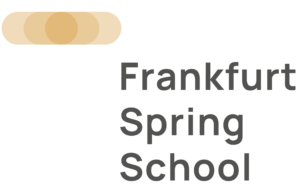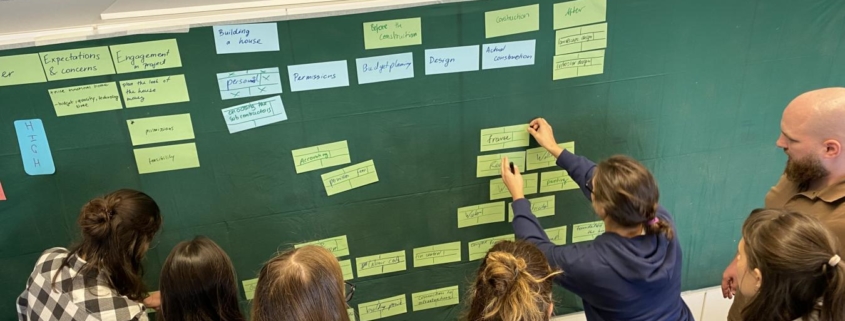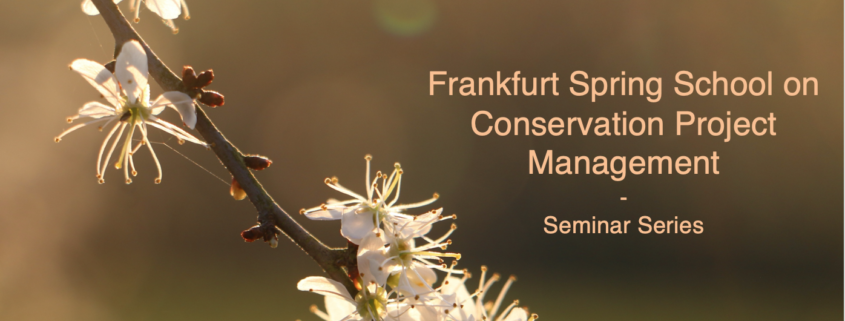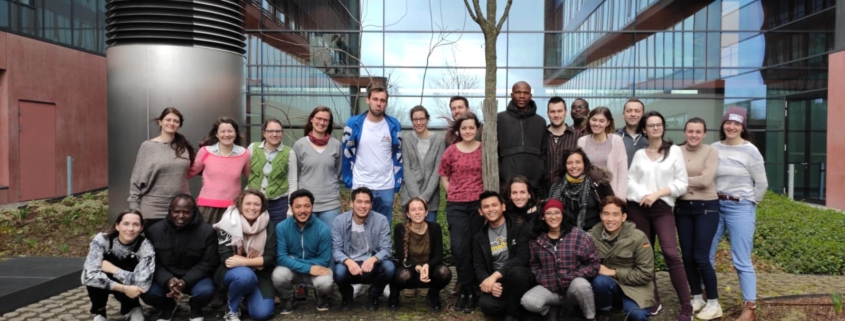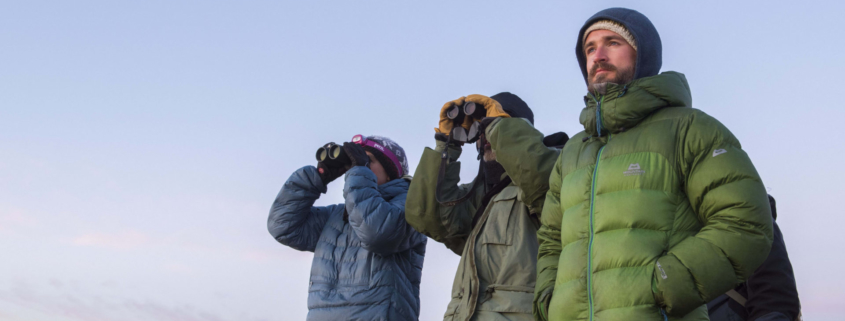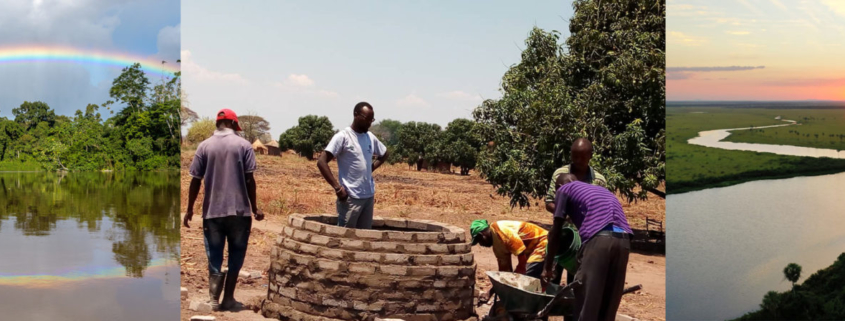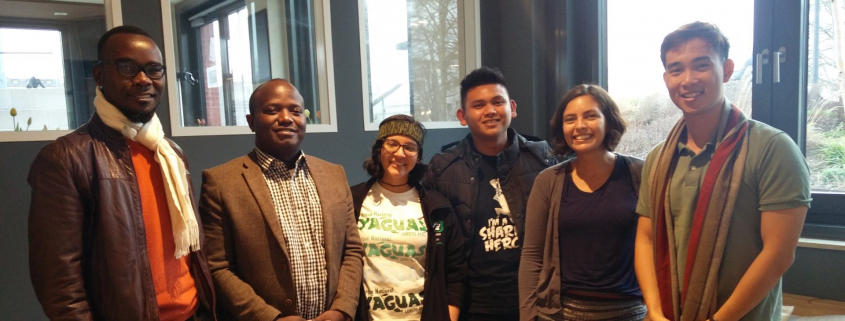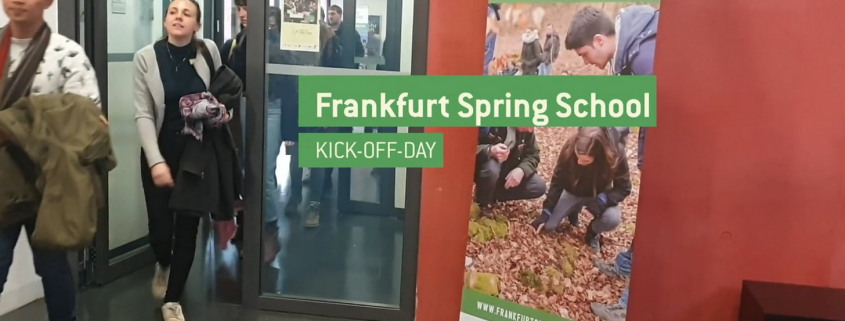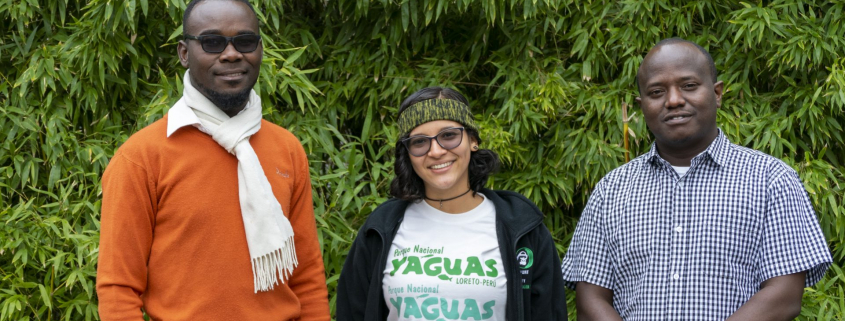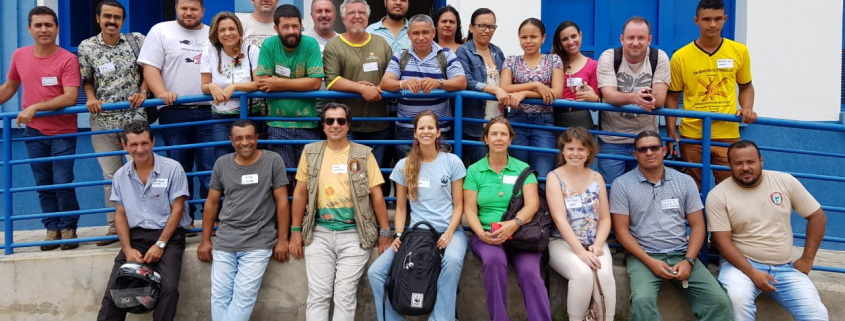After a long break due to the Covid-19 pandemic, we could finally run the Frankfurt Spring School again this year – not yet in spring, but at least in autumn! The course took place from 19 September till 14 October in the regular format. Again three Spring School participants won a grant from KfW Development Bank to implement project plans they developed in the frame of the course. If you’d like to find out more, have a look at this article: https://fzs.org/en/news/a-boost-for-future-conservation-project-leaders/
Yesterday, a small group of early career conservationists from 14 different countries attended the kick-off evening of the first Frankfurt Spring School online Seminar Series. During the two hours, the participants were introduced to all Frankfurt Spring School partners and in the second half, Dr. Christof Schenck from FZS captured their attention with an inspiring key-note speech about the “Evil awakening and glimmer of hope”.
Over the next four months, the participants will get every Monday evening online for two hours an insight into project management, proposal writing, financing and social and environmental safeguards, and will hear in the last seminar in July from KfW Foundation Alumni about their projects how they worked out. This seminar series is offered in combination with the four weeks of Frankfurt “Spring” School in September/October, when the participants get the chance to deepen their knowledge in Frankfurt.
We wish you all an insightful four months of online seminars!
Exactly a year ago, the Frankfurt Spring School took place and among the participants was also Rinzin Phunjok Lama. He is one of the first conservationists of the Humla district in north-western Nepal and has led several conservation efforts to protect snow leopards, Himalayan wolves, blue sheep and pikas across Nepal’s snow leopard landscapes. In 2018, he and some colleagues managed to photograph snow leopards in the Humla region – it was the first evidence of snow leopards outside of the protected area in Nepal. They also confirmed the recolonization of wolves in the Manang region after more than four decades of its local extinction.
Now, Rinzin won the WWF Nepal Conservation Award, an award that recognizes and honors individuals and organizations at the grassroots level that have made significant contributions to protect Nepal’s rich biodiversity. We congratulate Rinzin to this great achievement and wish him all the best of luck with his work as conservation biologist and conservation program director at Third Pole Conservancy and as executive board member of Mountain Spirit.
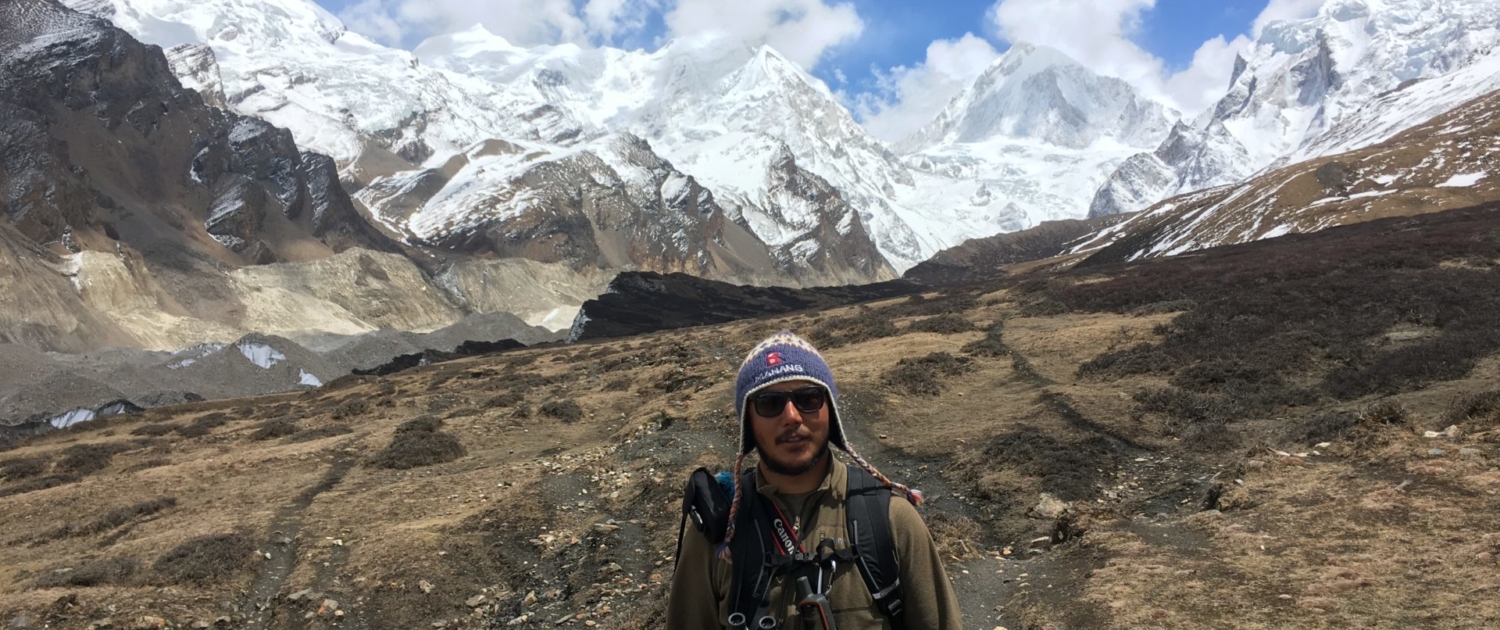 Rinzin in the Phu Valley of Manang, Annapurna Conservation Area during a snow leopard and blue sheep survey in the Spring of 2019. © Marc Filla
Rinzin in the Phu Valley of Manang, Annapurna Conservation Area during a snow leopard and blue sheep survey in the Spring of 2019. © Marc Filla
Already for the fifth time, the Frankfurt Spring School on Conservation Project Management will take place at the Goethe University in Frankfurt am Main in spring 2021. Don´t miss your opportunity to participate in Germany’s unique crash course for conservationists from 22 February to 19 March 2021! In four intensive weeks, experienced international experts will train you in conservation project management, human resources and personnel management, financial management, performance skills and organisational development. Besides the interactive workshops at the Goethe University, the programme includes also an excursion to the Kellerwald-Edersee National Park for a first-hand experience of wilderness conservation and a “Speed-Dating” event where you can network with conservation veterans and your Spring School fellows.
Over the last four years, over 120 motivated early career conservationists from across the globe came together to improve their knowledge and skills to successfully manage the world’s conservation challenges. Do you have a passion for conservation, a strong work ethic and the drive to improve? Then, the Frankfurt Spring School is just the place for you.
Click here to learn how to apply! Application deadline is 1st November 2020.
In March, we were a bit too optimistic concerning the corona pandemic when announcing the final presentations of the KfW Foundation scholars for April. But yesterday, was finally the big day and their project proposals and presentations have been evaluated by a KfW Foundation Selection Panel and the winners decided.
First of all, we have to say that all scholars did a great job and their professional and passionate project pitches did not make the panel’s decision easy. At the end, small things made the difference and eventually a decision was made. We are happy to announce that the following three proposals were selected to receive funding from the KfW Foundation and will be implemented by the Spring School scholars:
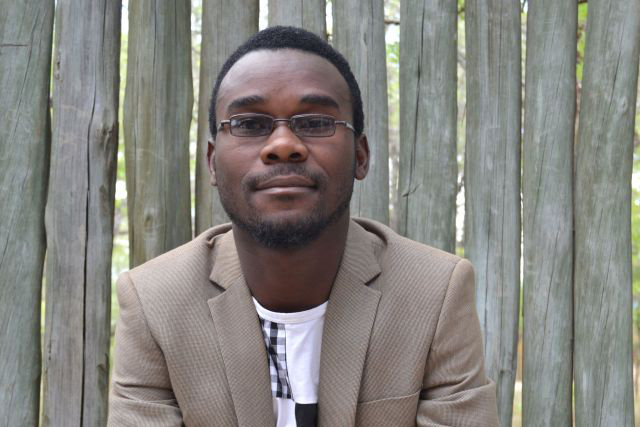 Francis Mapenga (FZS Zambia) with his project “Implementation of the best monitoring and mitigation methods of human-wildlife conflict in two villages of Mukungule Game Management Area, Zambia.”
Francis Mapenga (FZS Zambia) with his project “Implementation of the best monitoring and mitigation methods of human-wildlife conflict in two villages of Mukungule Game Management Area, Zambia.”
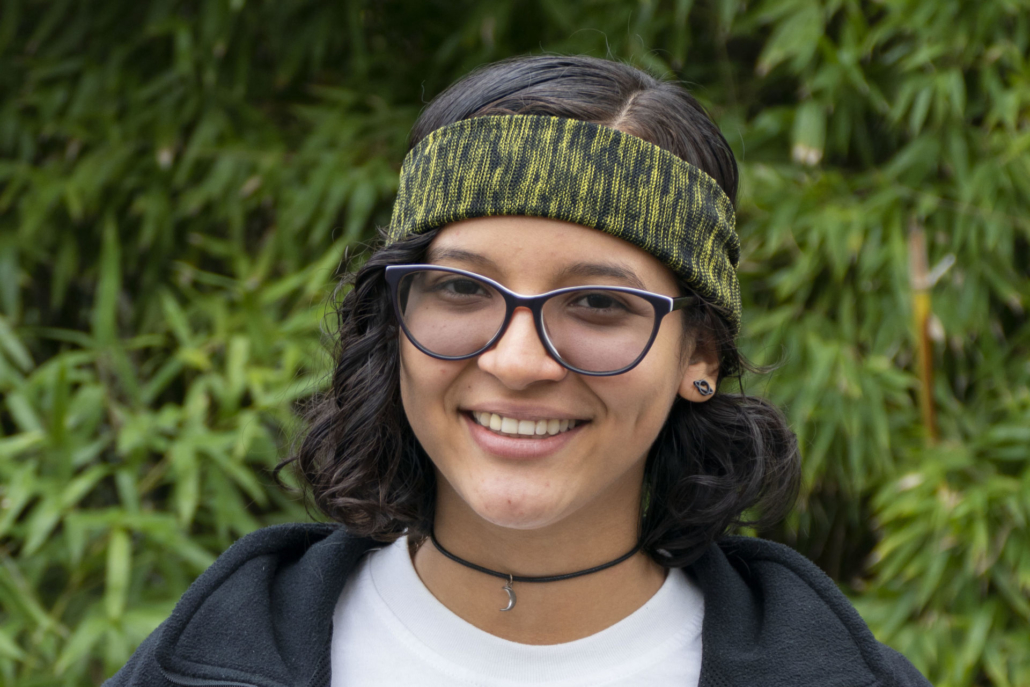
Monica Paredes (FZS Peru) with her project “The Amazonian manatee (Trichechus inunguis) conservation: an opportunity for sustainable co-management between native communities and Yaguas National Park, Peru.”
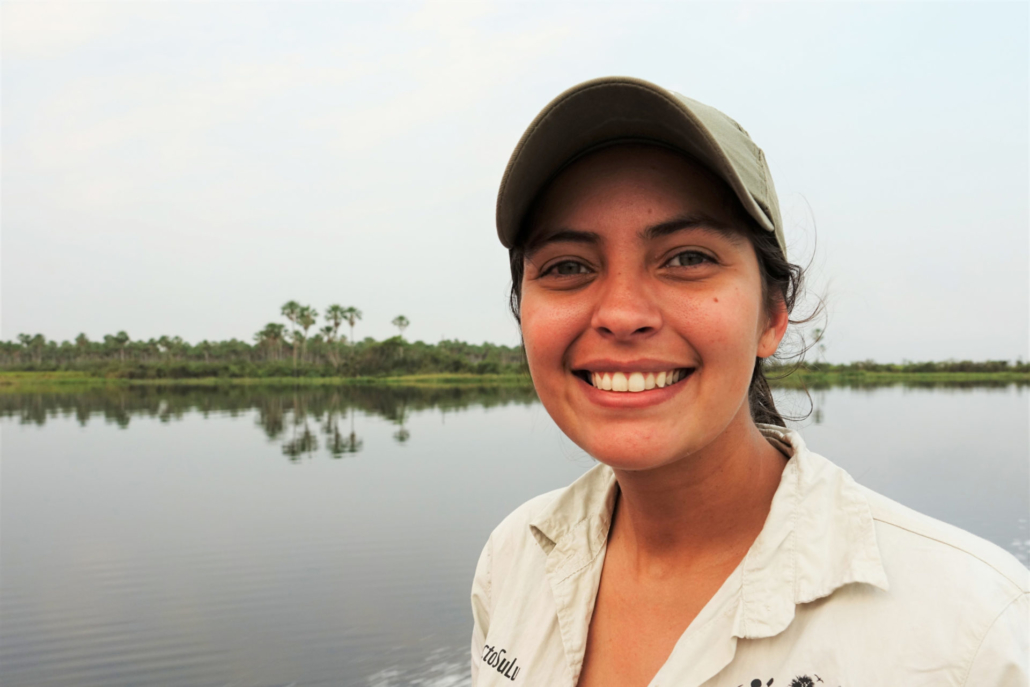 Patricia Roche (WWF Paraguay) with her project “Strengthening conservation processes of Rio Negro National Park, Paraguay.”
Patricia Roche (WWF Paraguay) with her project “Strengthening conservation processes of Rio Negro National Park, Paraguay.”
Congratulations to Francis, Monica and Patricia and best of luck for the implementation of your projects!
It‘s that time of year again – The Frankfurt Spring School on Conservation Project Management (FSS) returns on Monday! We can‘t believe that it‘s been a year since we welcomed 30 young conservationists to Frankfurt. The first of this year‘s participants are already here. Meet Francis Mapenga from FZS Zambia, Monica Paredes from FZS Peru, and Edmund Tobico from FZS Tanzania. Hattie Hayeck, Communications Intern, and Corinna Van Cayzeele, European Projects’ Communications Assistant, asked them what they are most looking forward to about FSS.
Hattie: Welcome to Frankfurt! Can you tell us a bit about yourselves?
Francis: “I‘m the Senior Community Conservation Officer for FZS‘ North Luangwa Ecosystem Project. I assist the Technical Advisor in supervising project staff and working with the local communities in protecting the North Luangwa National Park.”
Monica: “I work in Yaguas National Park, trying to protect and conserve this huge area of the Amazon Rainforest. Here, there is a lot of biodiversity, but also many of threats, including governmental conflict, logging, illegal mining, and the historical unsustainable use of the Park‘s resources.”
Edmund: “I work as a GIS and Monitoring Officer for FZS‘ Serengeti Ecosystem Management Project. The project focuses on enabling communities to benefit from the wildlife around them. We support local communities with setting aside designated areas of land for conservation, and help develop community conservation banks that provide loans to local people to start sustainable businesses.”
Corinna: What are you most looking forward to about FSS?
Francis: “Since I’m the second-in-command of my project, project management is very important to me. FSS will develop my project management skills and teach me how to manage a project on my own.”
Monica: “I am excited about developing my abilities and skills so that, when I go back to Peru, I can apply all my knowledge to better protect the area and enhance the lives of people in the local communities.”
Edmund: “FSS is important for me as it‘s all about understanding conservation project management concepts like log frame development, report writing, monitoring, and evaluations. If I can understand these concepts, and apply them back home, I can help improve the efficiency of our project. The FSS is also very important in developing my project concept. Afterwards, I hope to make a difference in conservation back home.”
Thank you very much for your time. Now enjoy Frankfurt and have a great time here at the Spring School.
About Spring School
Frankfurt Spring School on Conservation Project Management is an annual four weeks course unique to Germany for gaining crucial knowledge and skills required for becoming a professional project manager.
It was developed within a partnership of seven organizations linked to practical conservation, science and research or general management.
Recent posts
- And the grant goes to … (3/3)14. April 2025 - 8:37
- And the grant goes to … (2/3)10. April 2025 - 17:15
- And the grant goes to … (1/3)8. April 2025 - 13:34
